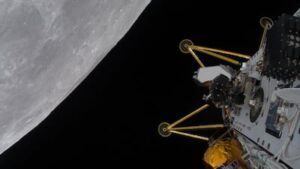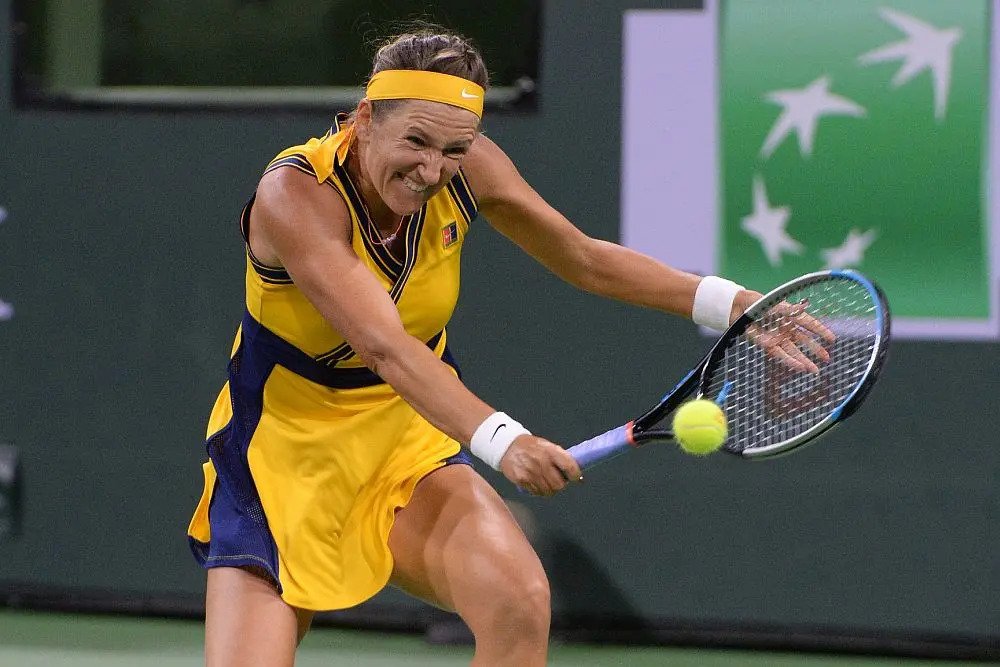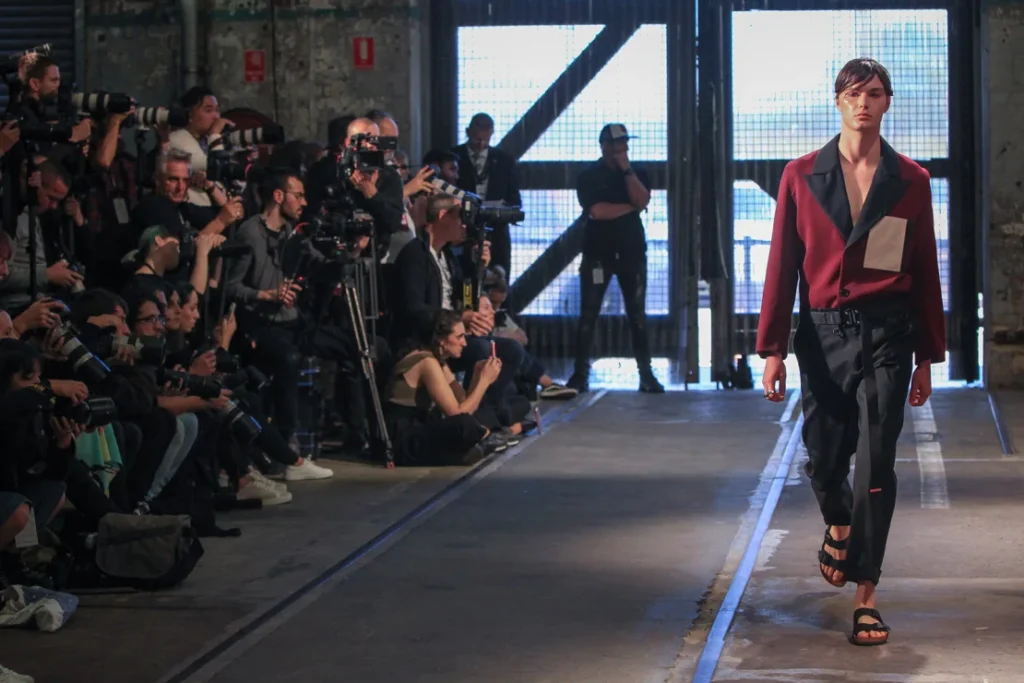Today:
Thursday, March 6 2025
What are You Looking For?
Trending News
Flash Story
 ‘It’s just the beginning’: Victoria Azarenka hails ‘life-changing’ first maternity fund for professional tennis players
‘It’s just the beginning’: Victoria Azarenka hails ‘life-changing’ first maternity fund for professional tennis players
 Intuitive Machines’ Athena lander set for touchdown on historic water-hunting mission
Intuitive Machines’ Athena lander set for touchdown on historic water-hunting mission
 Jack Daniel’s parent company says Canada pulling booze off shelves is even worse than tariffs
Jack Daniel’s parent company says Canada pulling booze off shelves is even worse than tariffs
 Olympique Lyon manager Paulo Fonseca handed nine-month ban for angrily confronting referee
Olympique Lyon manager Paulo Fonseca handed nine-month ban for angrily confronting referee
 Three friends were found dead last year after watching a Chiefs game. Now, 2 men face charges in the case
Three friends were found dead last year after watching a Chiefs game. Now, 2 men face charges in the case
Editor's Picks
Main Story
Trending Story Now
About The Author

USA Independent
USA Independent is a cutting-edge digital news portal dedicated to delivering reliable, unbiased, and up-to-the-minute news to readers across the United States and beyond. Established with the mission of fostering transparency and informed public discourse, USA Independent covers a wide range of topics, including politics, business, technology, culture, health, and global affairs.


































